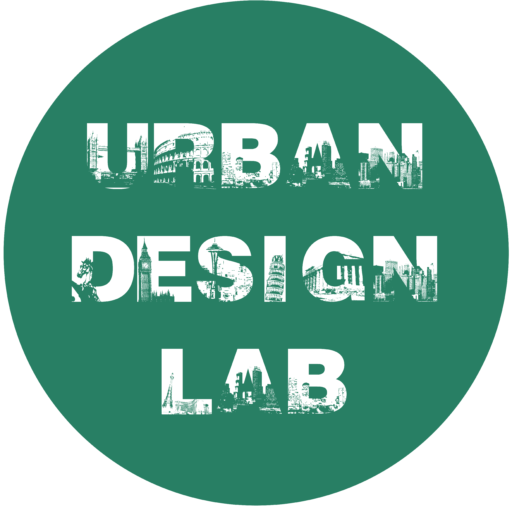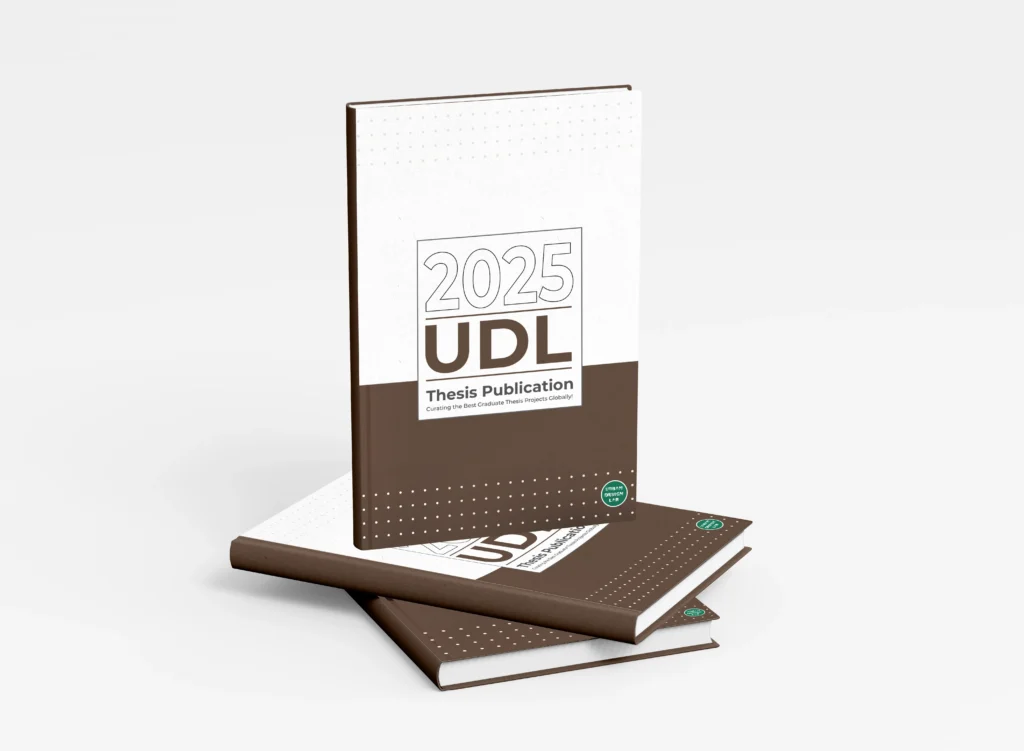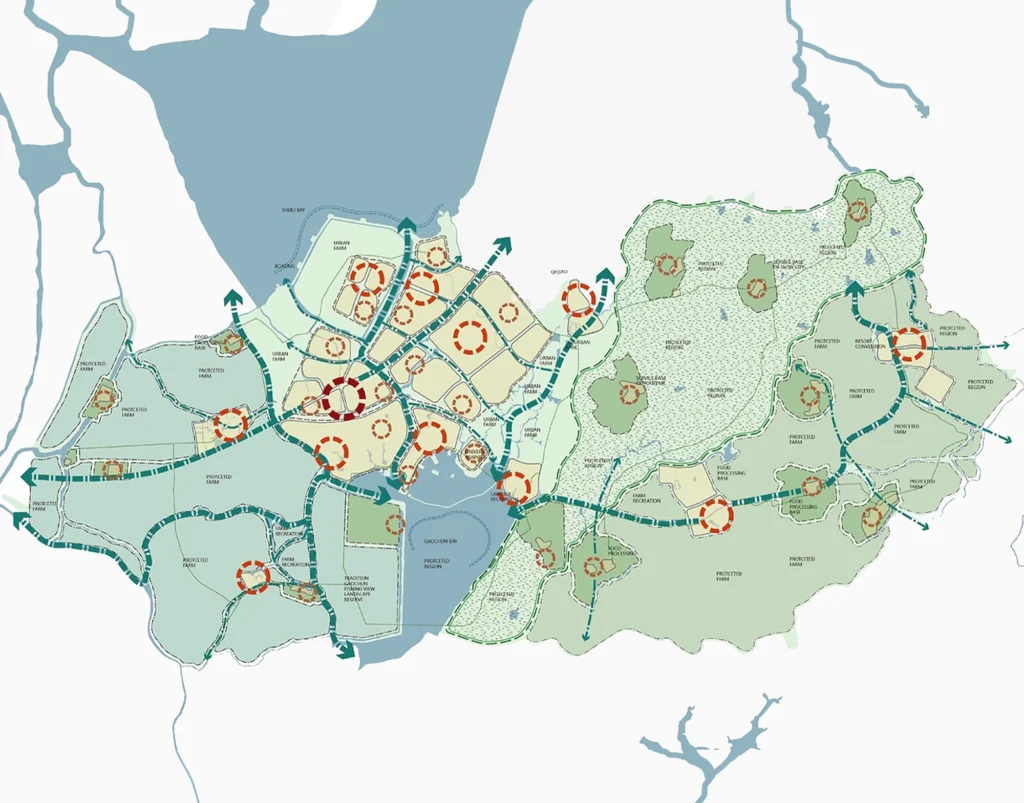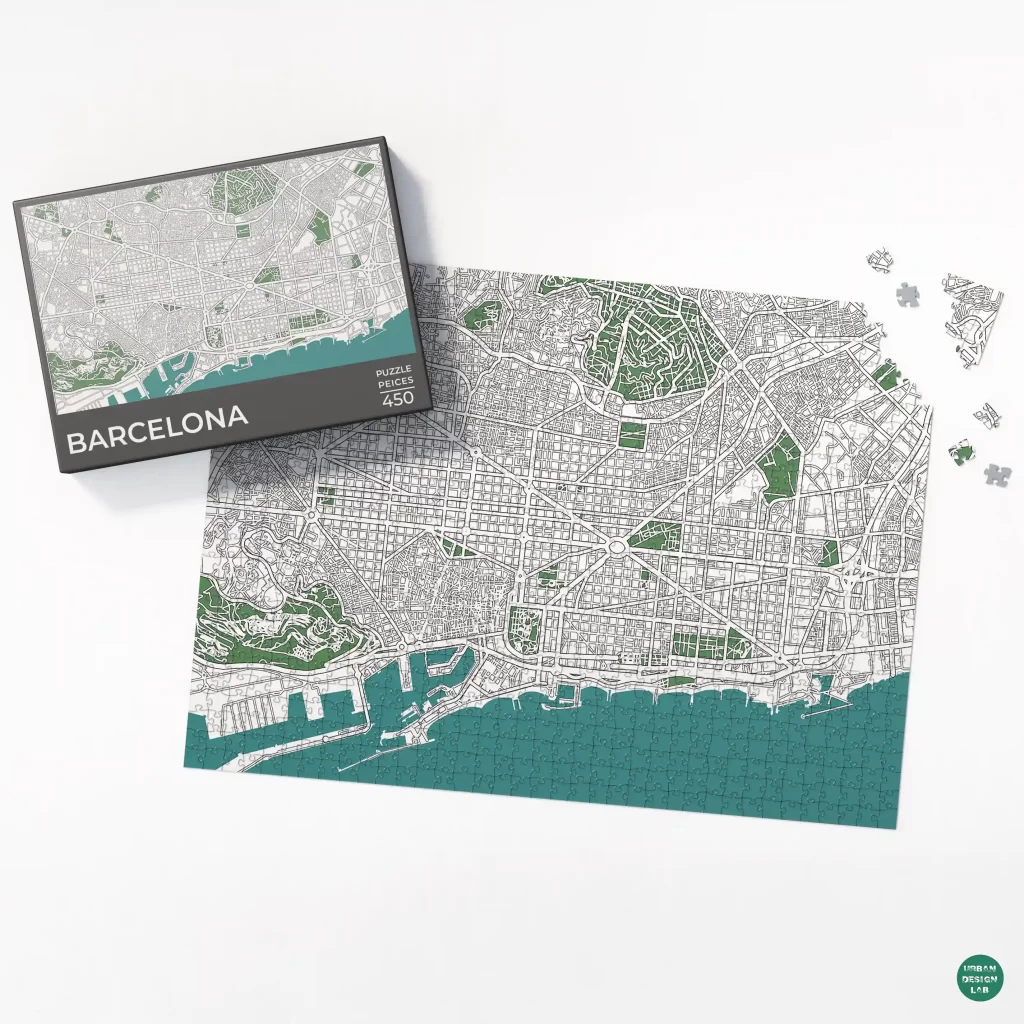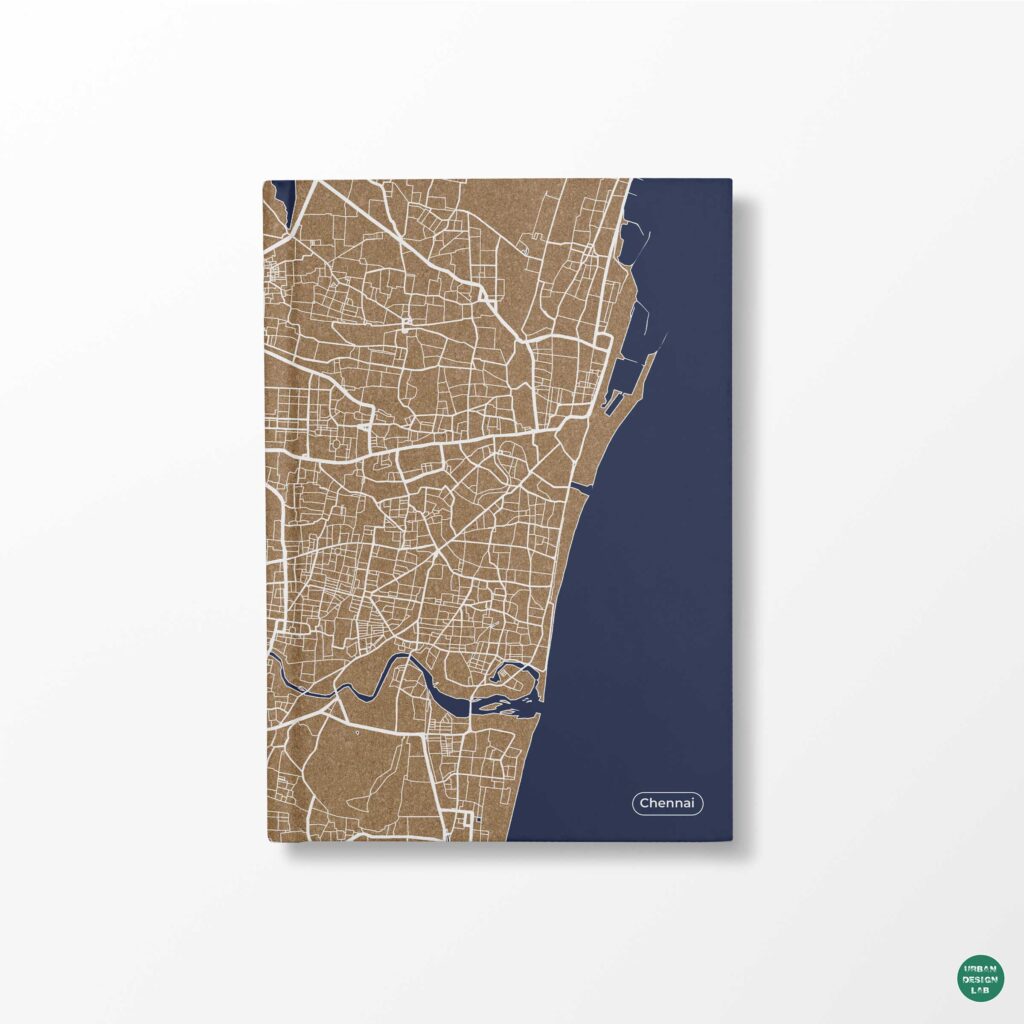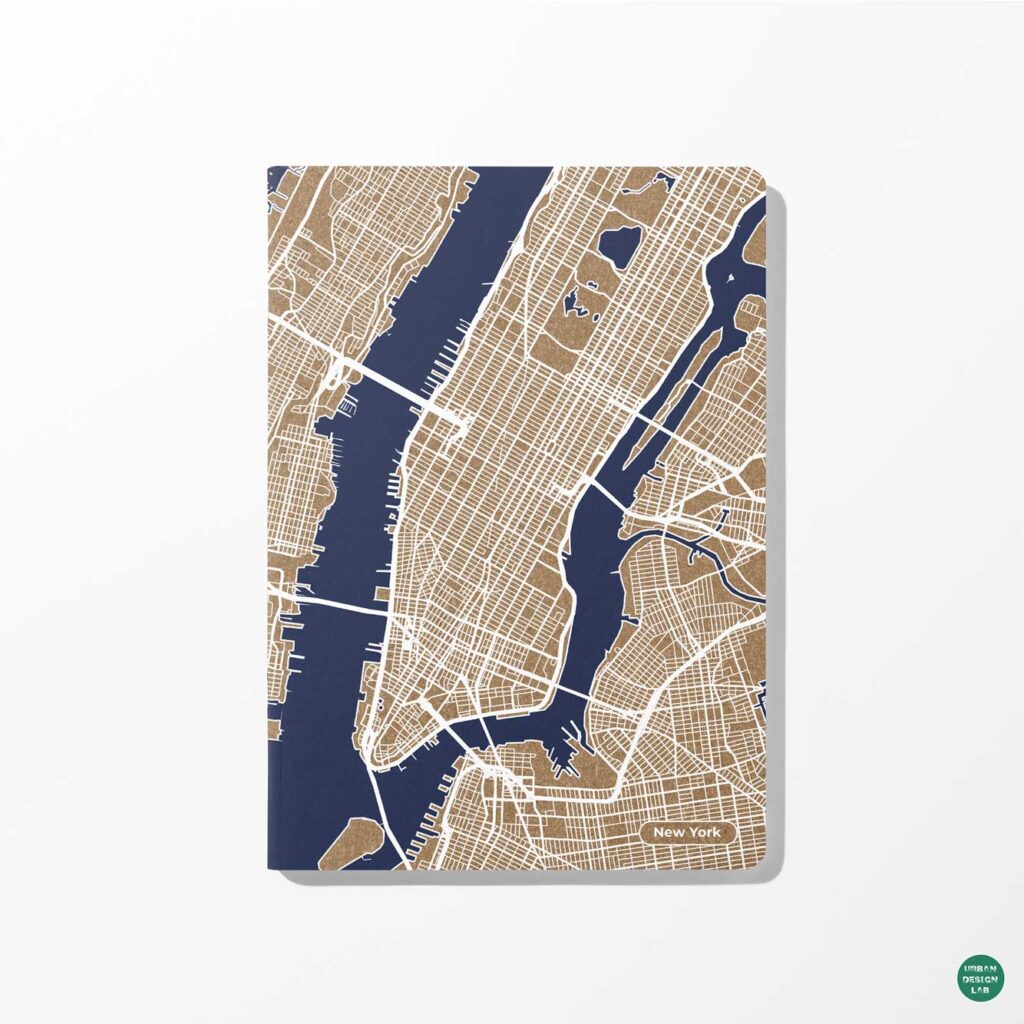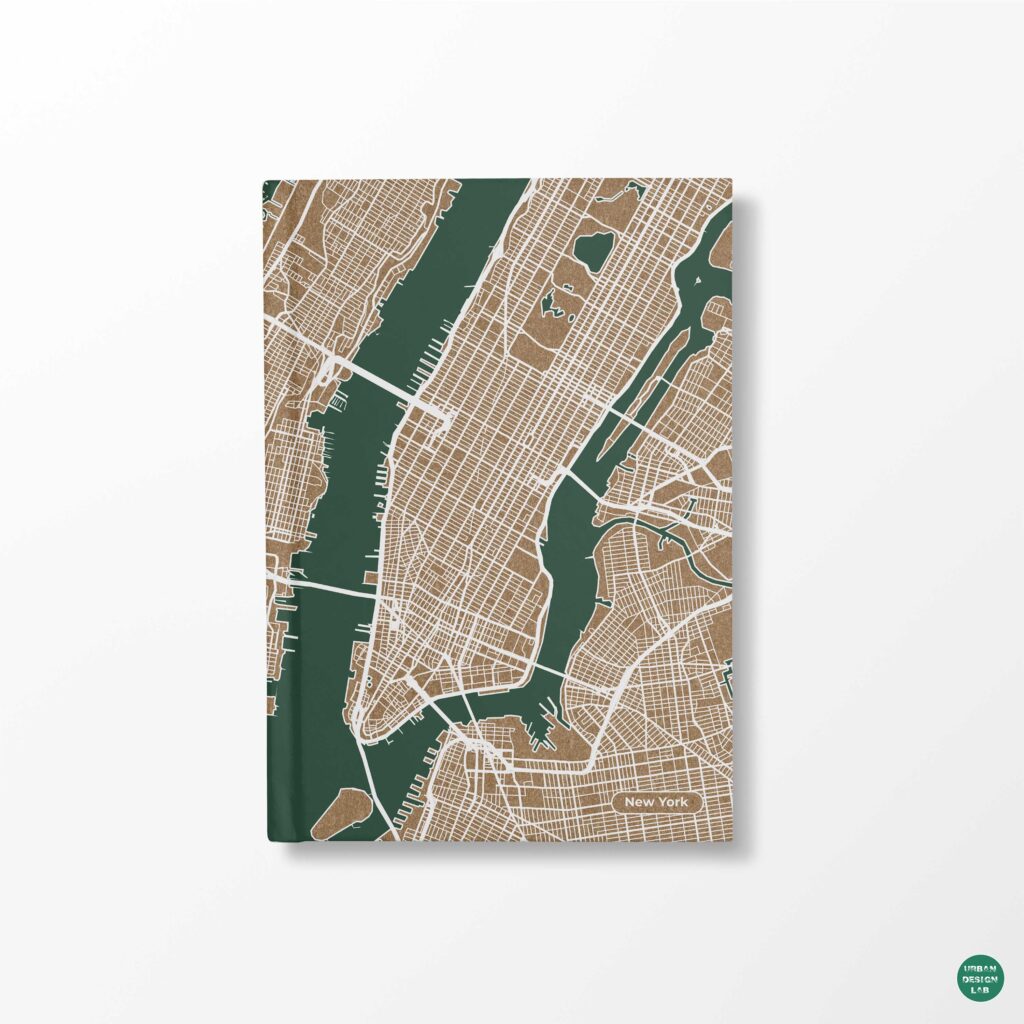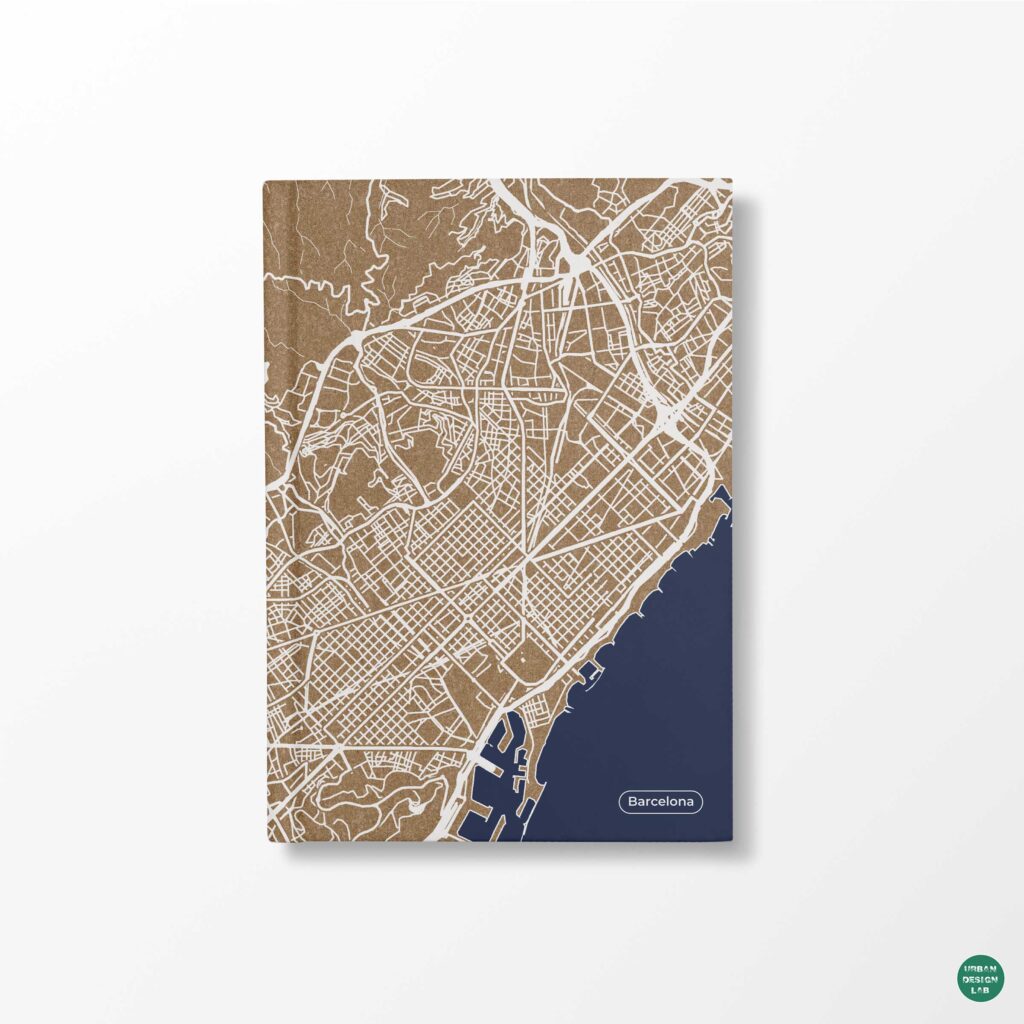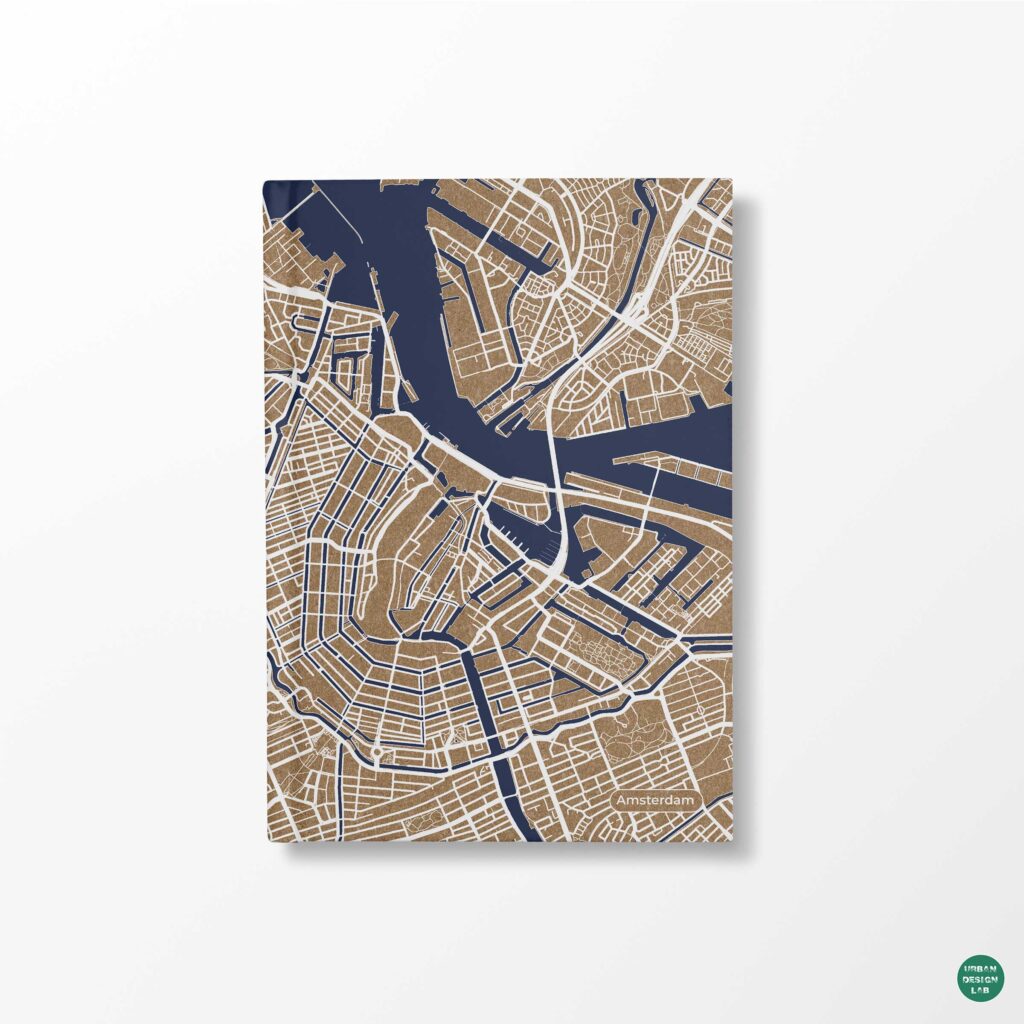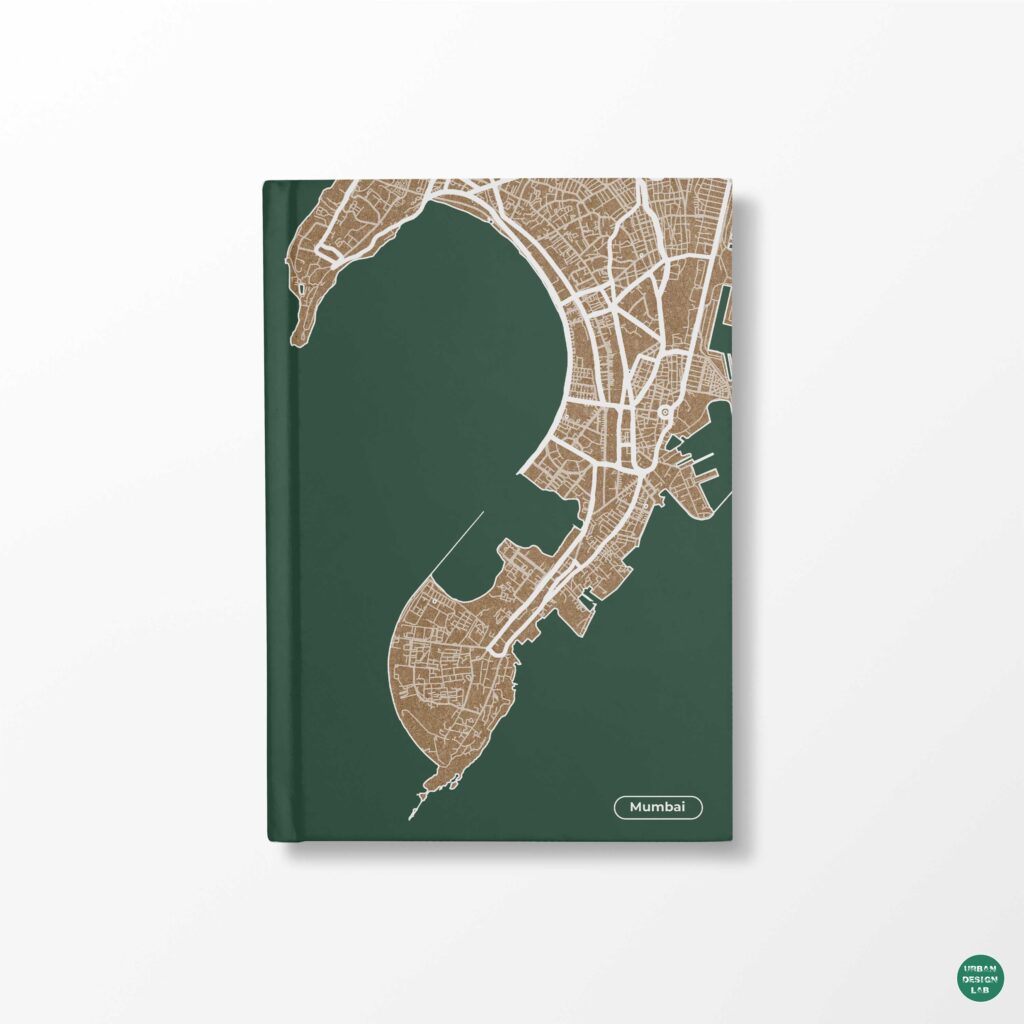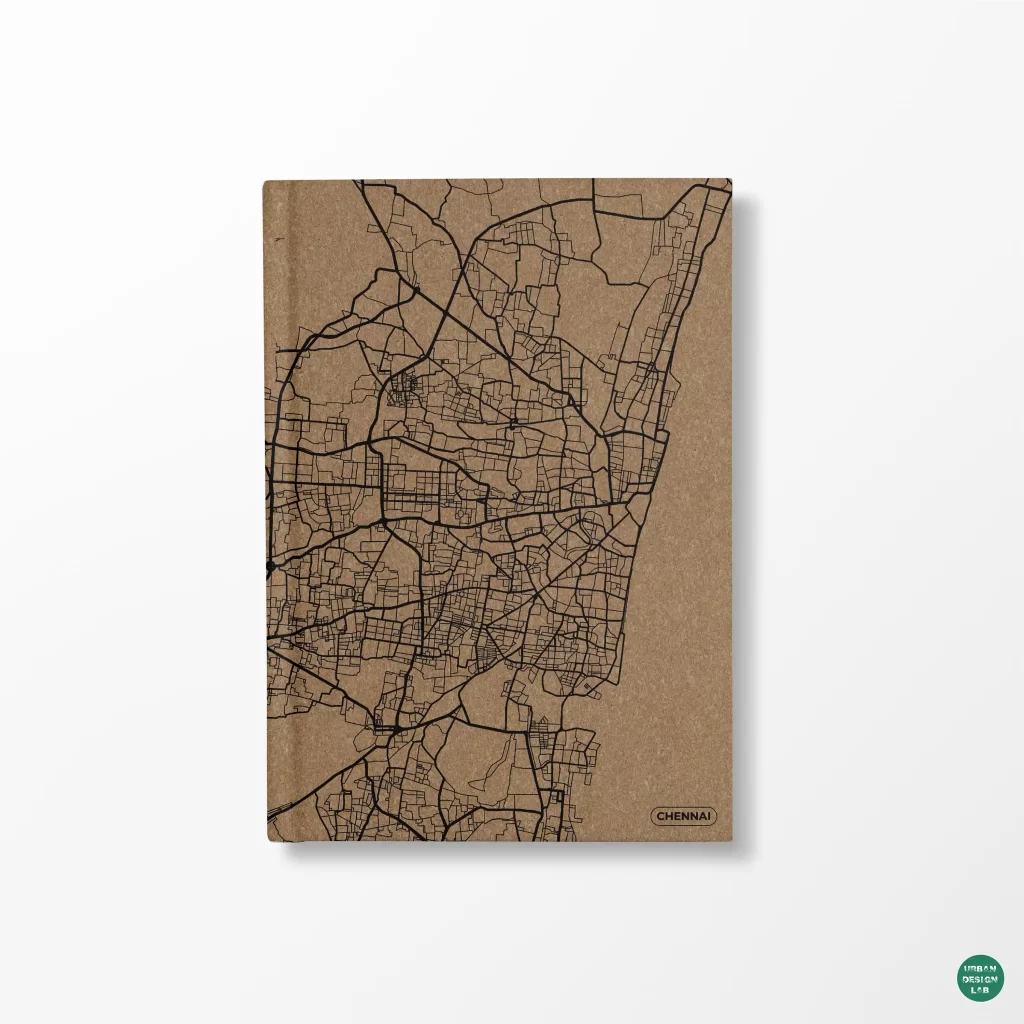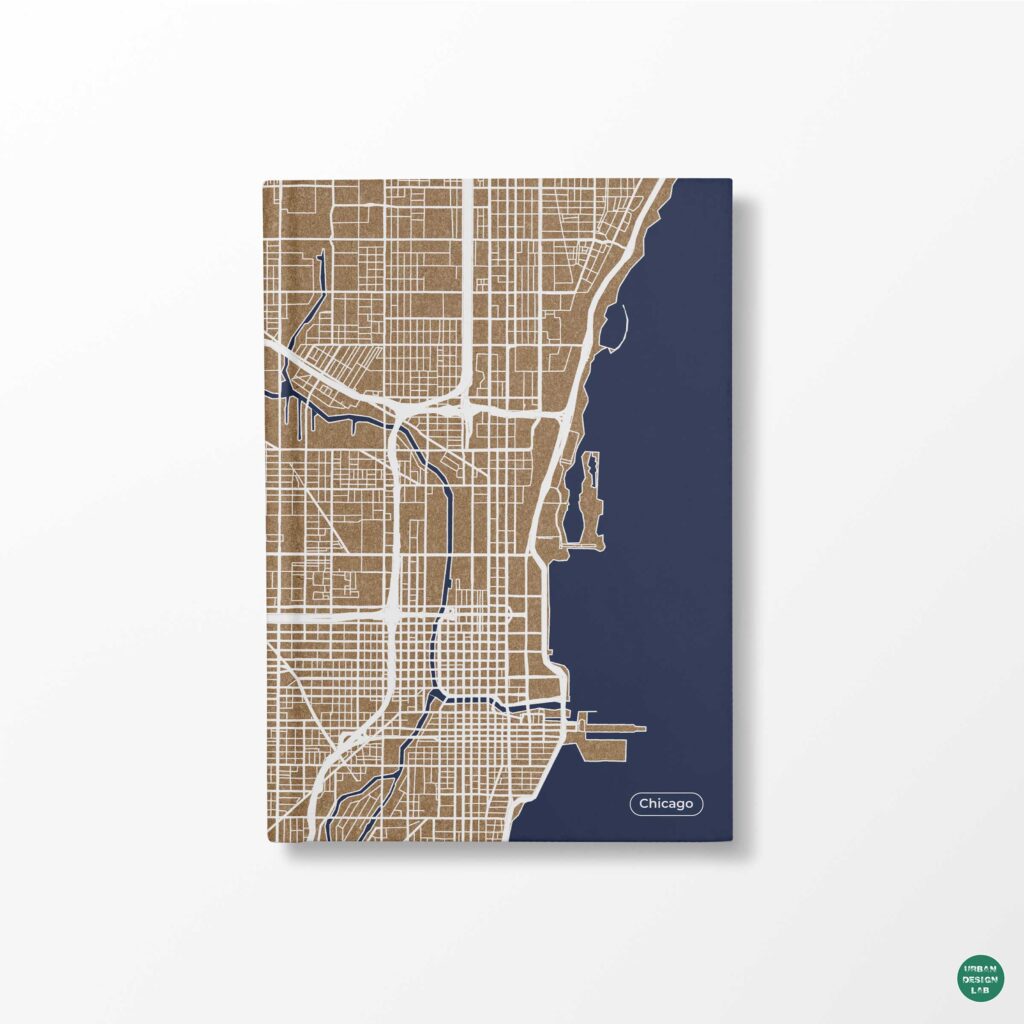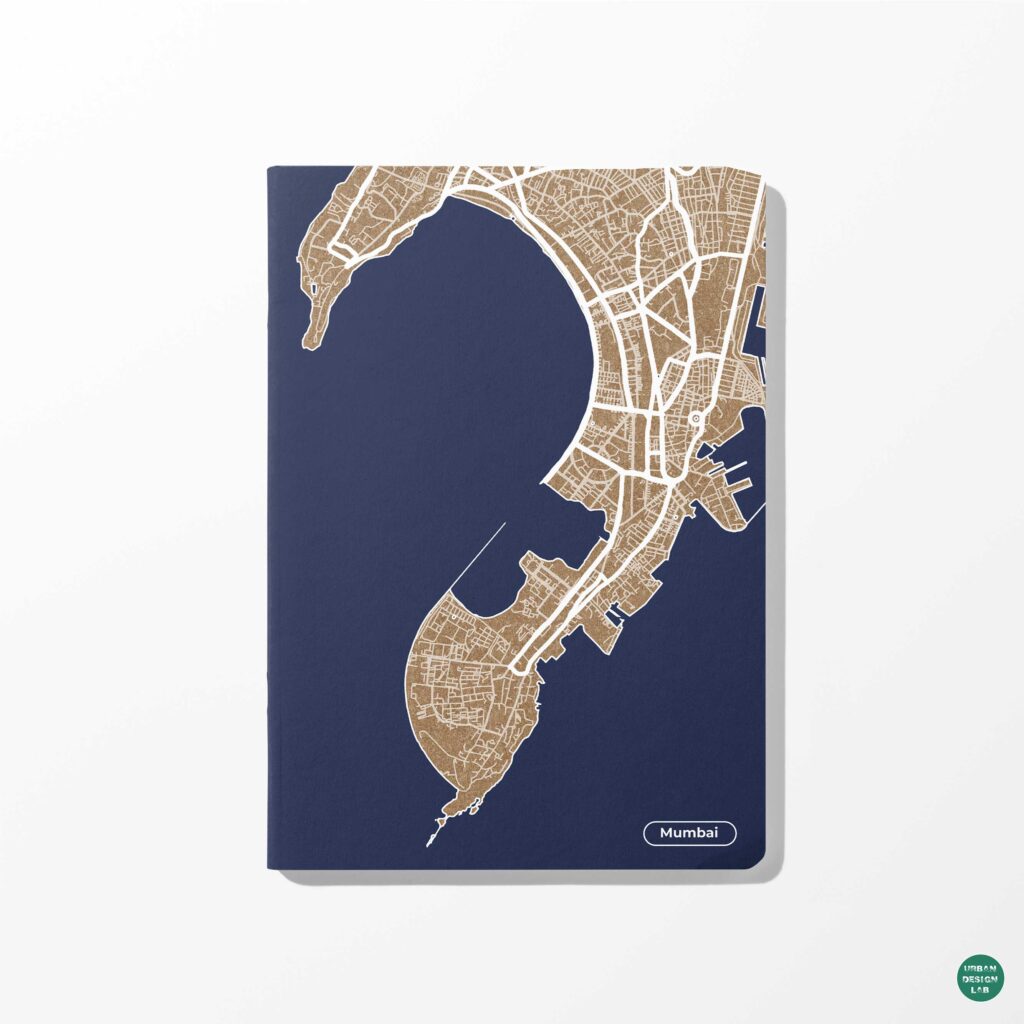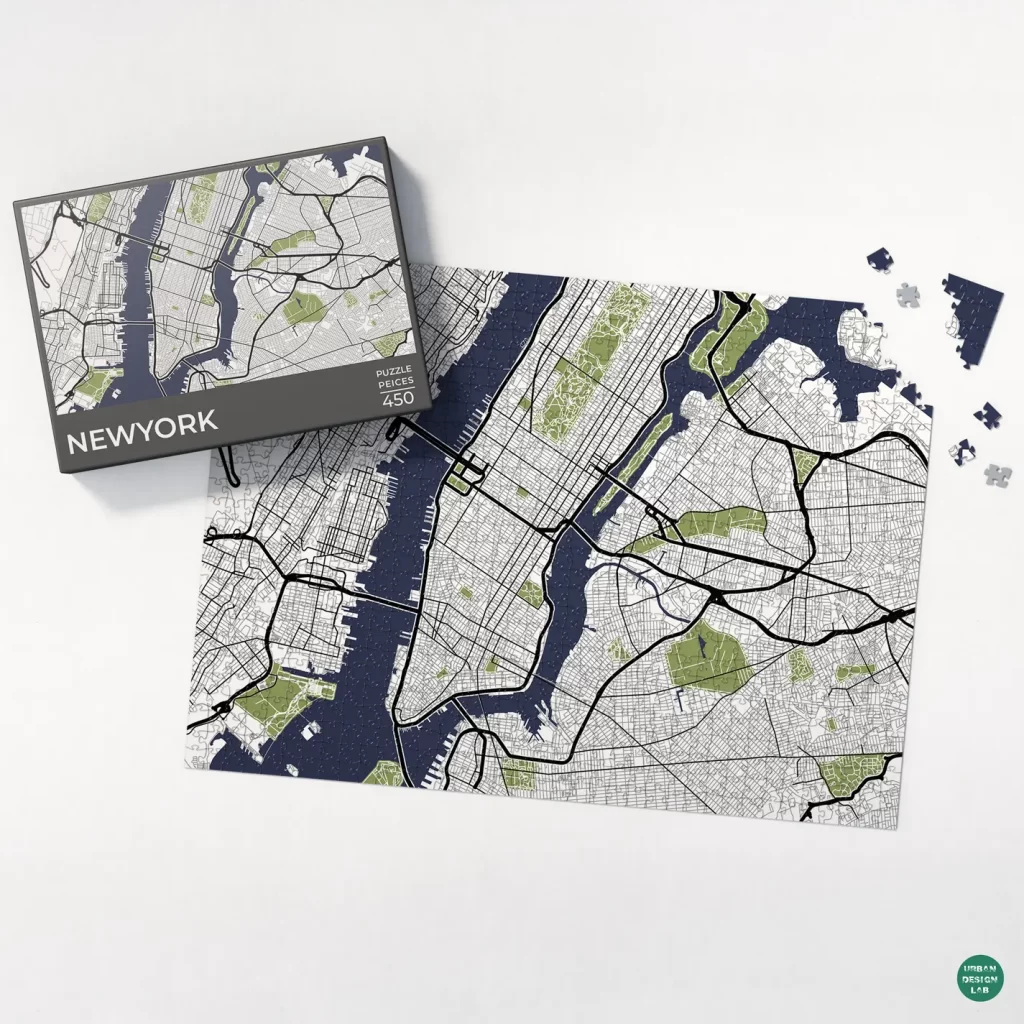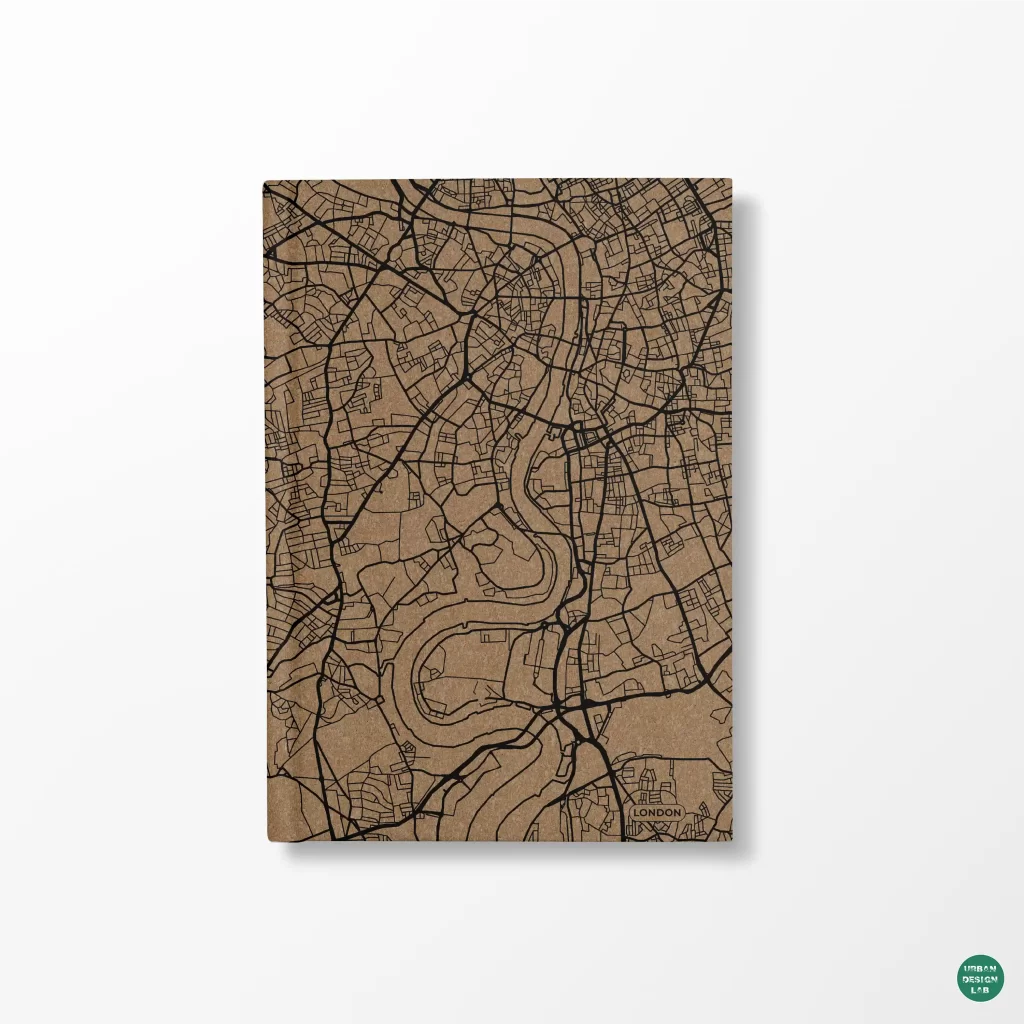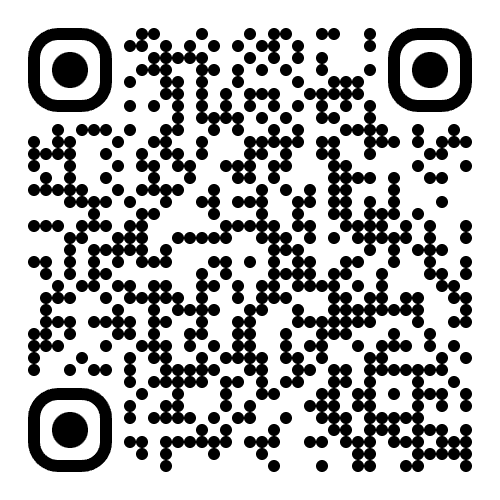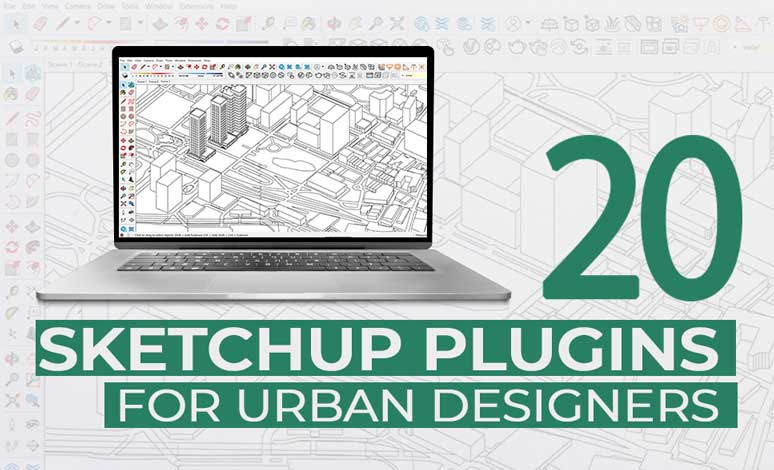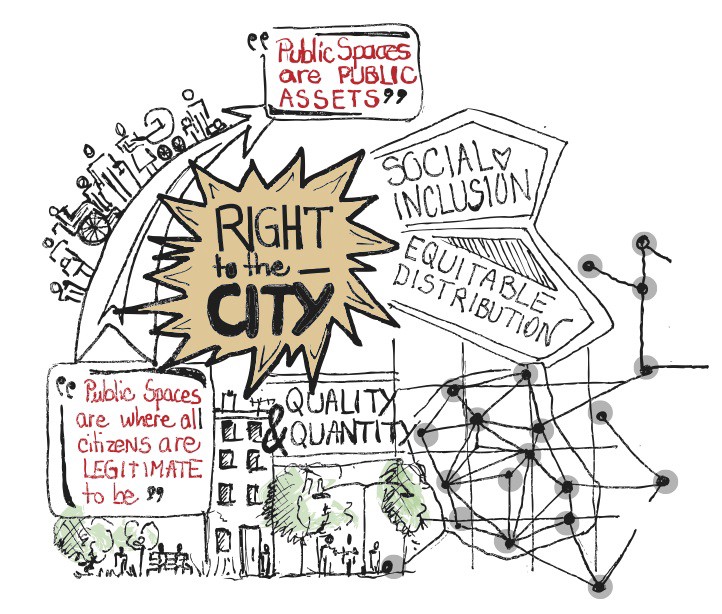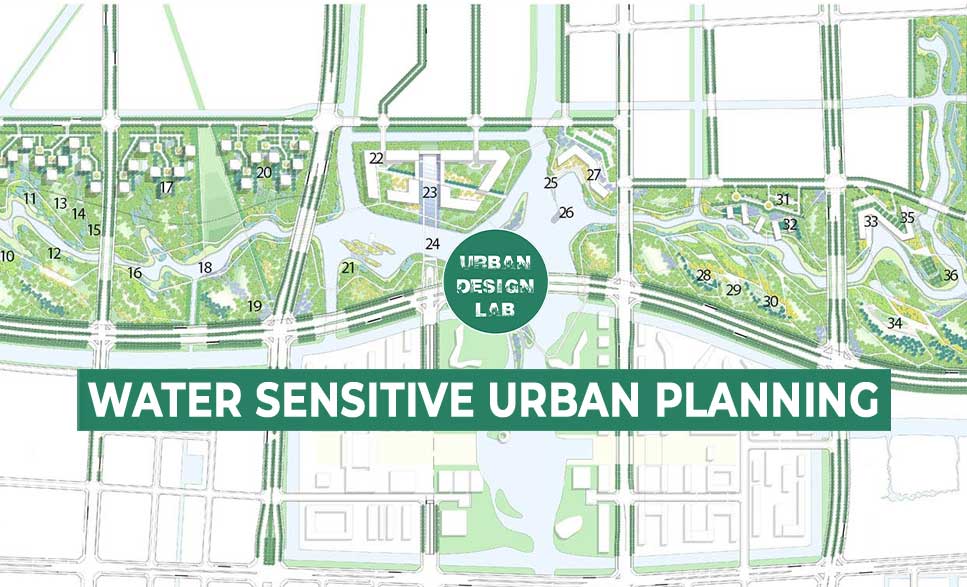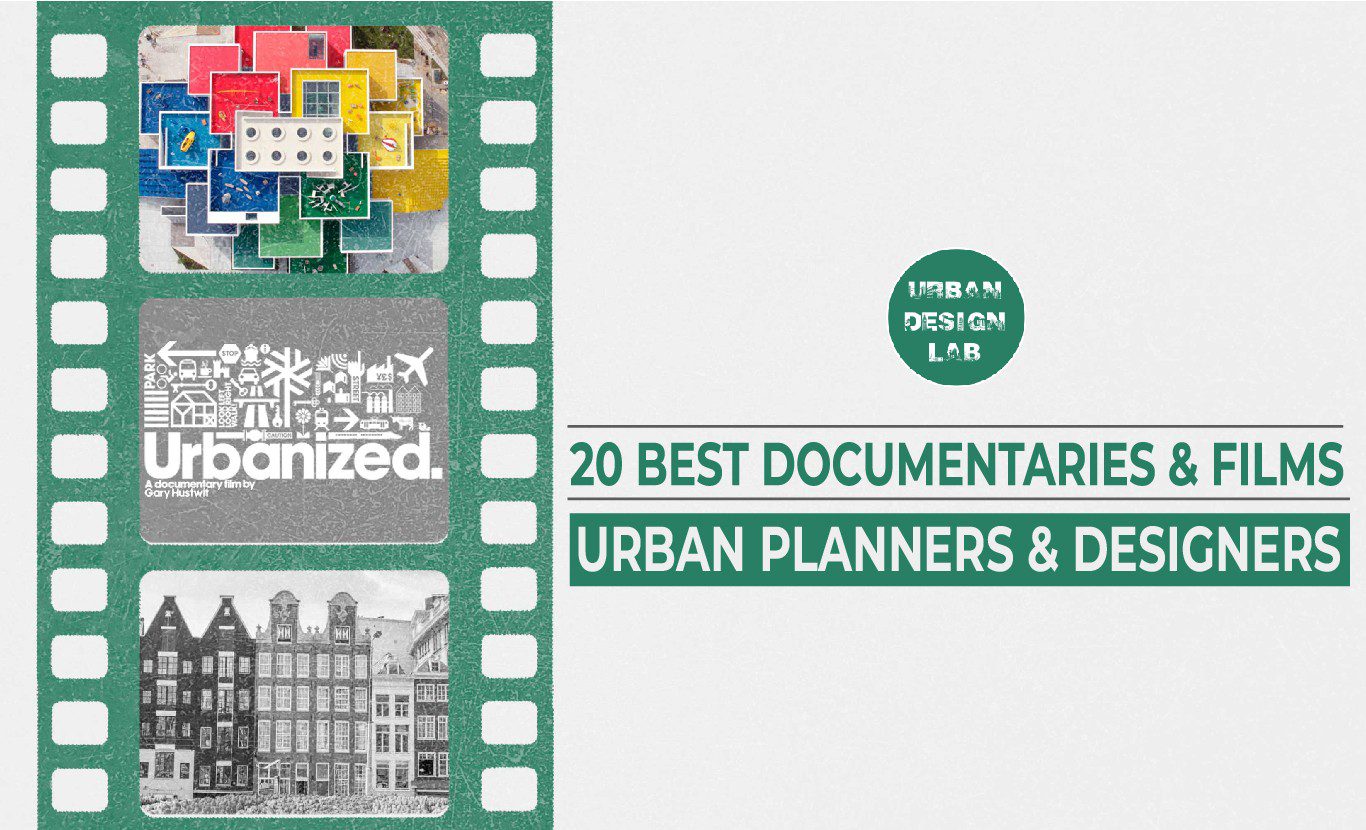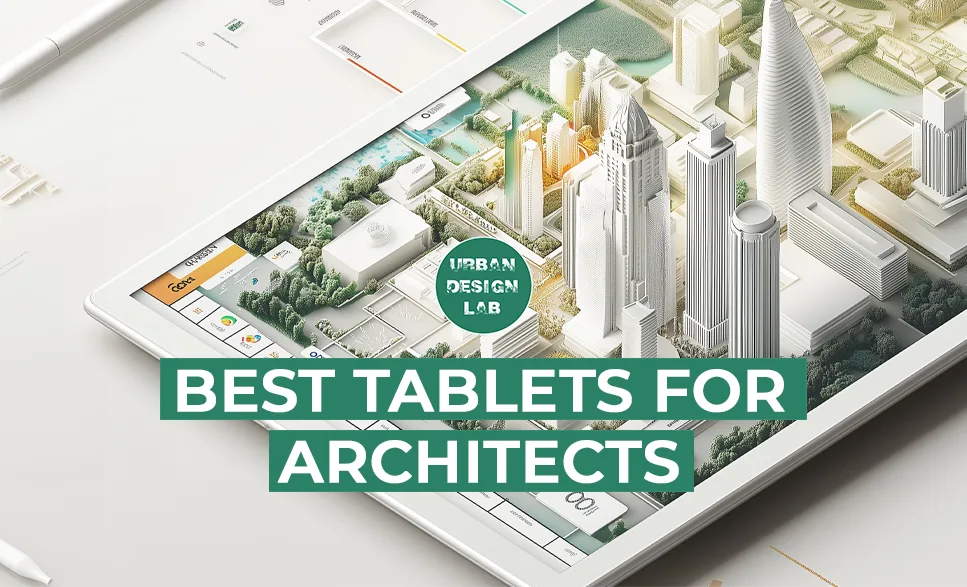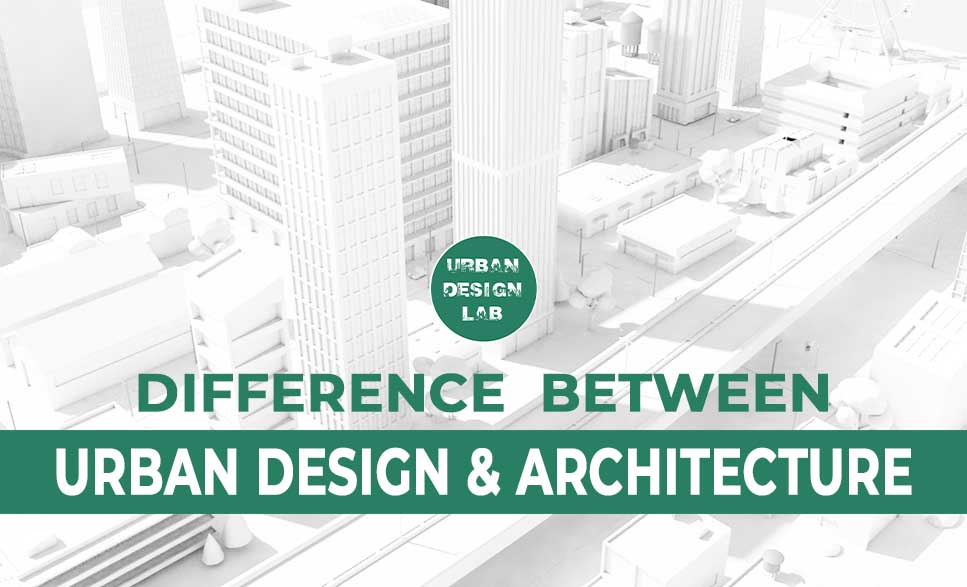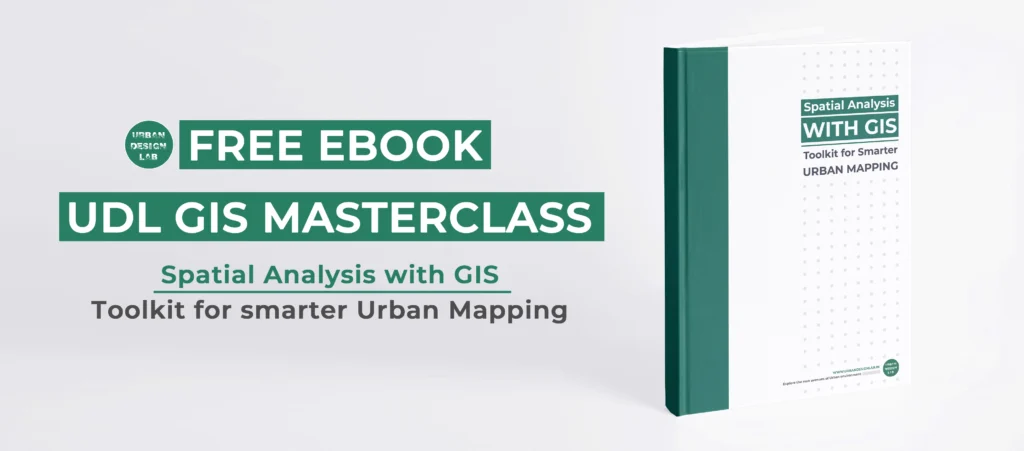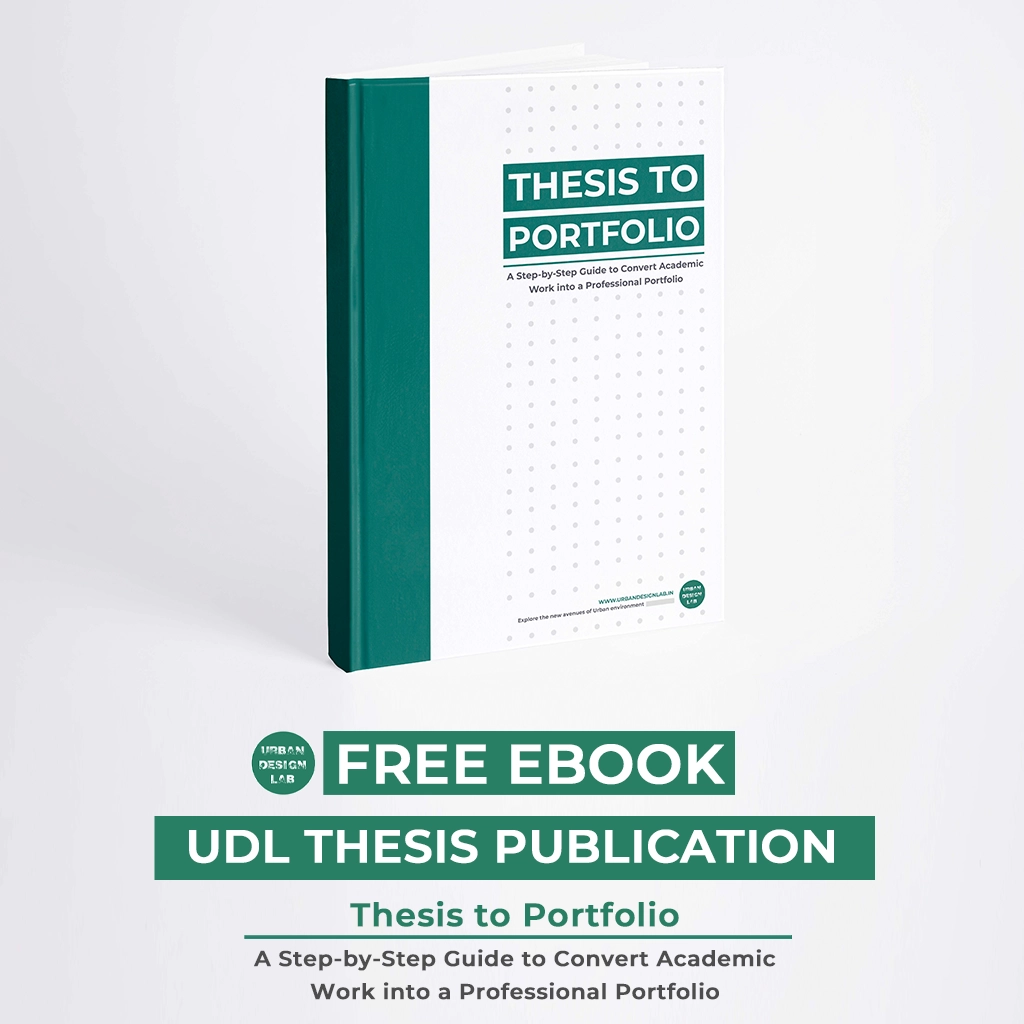
Thesis Methodology in Urban Design and Planning
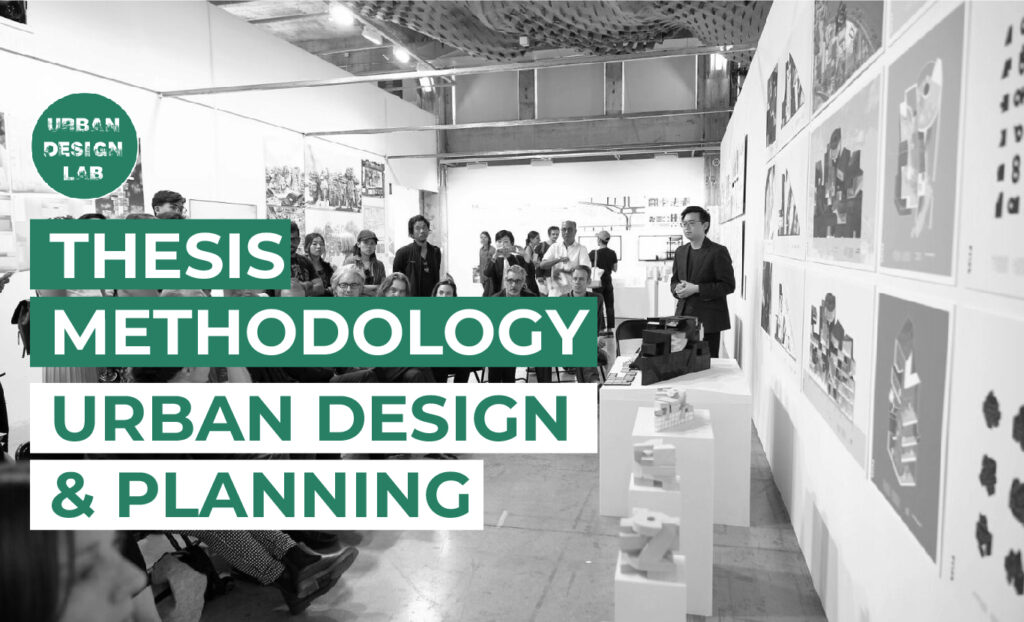
Writing a thesis methodology can be a challenging task, especially in fields such as urban design, urban planning, and landscape design. A well-written thesis methodology is critical to the success of your research and can help you develop a clear and comprehensive understanding of your topic. In this article, we will discuss some tips for developing a clear and comprehensive thesis methodology in urban design, urban planning, or landscape design.
1. Define your research question
The formulation of your research question is the first stage in creating a thorough and clear thesis process. Your thesis’s central argument is supported by a clear, succinct research topic that is also pertinent to your area of study.
Start by focusing on the main idea of your thesis and the specific component of urban design or planning that you wish to investigate. You can start putting your research question together once you have a broad notion.
For example, let’s say you want to investigate how public space design impacts social interactions in urban areas. Your initial research question might be, “How does the design of public spaces impact the social interactions of individuals in urban areas?” However, this question is quite broad and not specific enough to guide your research.
To make your research question more specific and measurable, you could revise it to, “What is the relationship between the design of public spaces and the frequency and duration of social interactions among individuals in urban areas?” This revised research question provides a clear and specific framework for your research.
Your thesis will have a clear direction if you define your research problem, and you’ll be able to create a methodology that is more focused and efficient. Additionally, it will help you stay on track with your thesis’ main goals and make sure that you are tackling a significant research issue relevant to your area of study.

Examples of research questions in urban design, urban planning, or landscape design might include:
- What is the impact of green infrastructure on urban heat island mitigation?
- How can urban design strategies be used to promote walkability and reduce car usage in suburban areas?
- What is the role of community participation in the planning and design of public spaces in urban areas?
- How do urban design interventions impact the social and economic vitality of neighborhoods?
- What is the relationship between the design of urban parks and their usage by different demographic groups?
By carefully defining your research question and tailoring it to your specific area of study, you can ensure that your thesis methodology is clear, comprehensive, and effective in addressing the key research problem you aim to solve.

2. Develop a research design
Creating a research design is the next step after defining your research question. A research design describes the approach you will take to respond to your research topic. Information on your study methodology, data collection procedures, and data analysis strategies should all be included in your research design.
Creating a research design is necessary after defining the research question. Suppose you’ve chosen to employ a mixed-methods research strategy, which combines qualitative and quantitative data collection techniques. You could gather qualitative data by looking at public areas and speaking with people who use them, and you could gather quantitative data by conducting a survey among a representative sample of people in the same urban region. You can get both rich qualitative data and statistically meaningful quantitative data with this study method.

For example, let’s say that your research question is “How does the design of public spaces impact the social interactions of individuals in urban areas?” To answer this question using a mixed-methods research design, you might collect qualitative data through observations of public spaces and interviews with individuals who use those spaces. You might also collect quantitative data through a survey administered to a representative sample of individuals in the same urban area. This research design allows you to collect both rich qualitative data and statistically significant quantitative data, providing you with a more complete understanding of how the design of public spaces impacts social interactions in urban areas.
3. Choose your data collection methods
Your research question and research plan will influence the data collection techniques you use. Data can be gathered using a variety of techniques, such as surveys, interviews, observations, and archive research. It is crucial to pick data gathering techniques that fit your research question and research methodology.
Let’s say that you have decided to use observations as one of your data collection methods. To ensure that your observations are accurate and reliable, you might use a standardized observation protocol that specifies which behaviors to look for and how to record them. This protocol will help you collect consistent and comparable data across different observations.
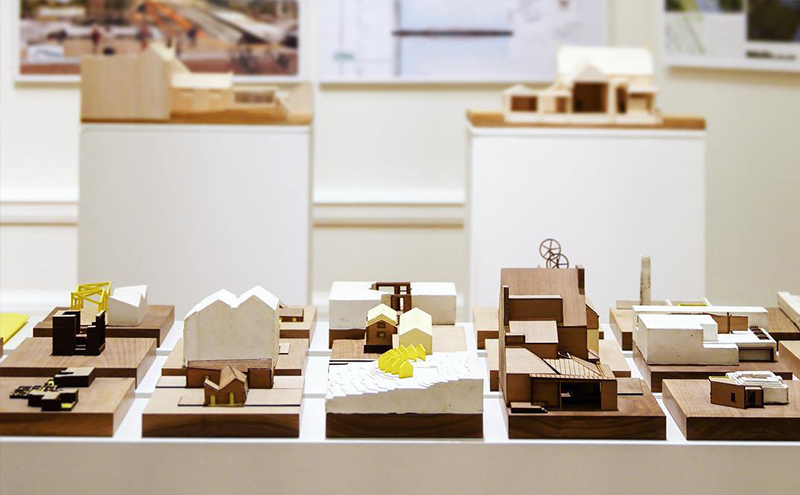
4. Develop a data analysis plan
A crucial phase in the thesis methodology procedure is creating a plan for data analysis. Once your data has been gathered, you must decide how to analyse it in order to find the answer to your research question. The methods you’ll employ to analyse your data are outlined in a data analysis plan, which needs to be clear and succinct.
As we discussed before, let’s say your research design included the collection of both qualitative and quantitative data. For each category of data, you will then need to create a plan for data analysis. You might employ a thematic analysis strategy to find patterns and themes in qualitative data. After that, you can utilise those trends and themes to make inferences about how public space design affects social interactions in cities.
You might choose to utilise statistical analysis for your quantitative data. For instance, a multivariate regression analysis may be used to investigate the association between the frequency and length of social contacts among people in metropolitan regions and the design of public places. You may account for additional variables like demographics and time of day that may affect social interactions using this approach.
5. Addressing Potential Limitations
Discussing the flaws in your thesis’s methodology is important. Problems with data collecting or analysis procedures are two examples of where your research could fall short. You can create a more thorough and trustworthy process by addressing these potential limitations.
Consider the possibility that your study’s sample does not accurately represent the whole population. To overcome this shortcoming, you might employ stratified random sampling to guarantee that your sample accurately reflects the demographics of the entire population. Using this method, you can broaden the applicability of your research.

6. Use clear and concise language
When writing a thesis methodology, it is crucial to use clear, concise language. Your process must be simple to grasp and free of extraneous jargon or technical phrases. You may make sure that your viewers understand your methods by using clear, succinct language.

7. Review and revise your methodology
Finally, it is important to review and revise your methodology. Reviewing and revising your methodology can help you identify any areas that need improvement and can help you develop a more comprehensive and effective methodology.

Urban Design Lab
About the Author
This is the admin account of Urban Design Lab. This account publishes articles written by team members, contributions from guest writers, and other occasional submissions. Please feel free to contact us if you have any questions or comments.
Related articles


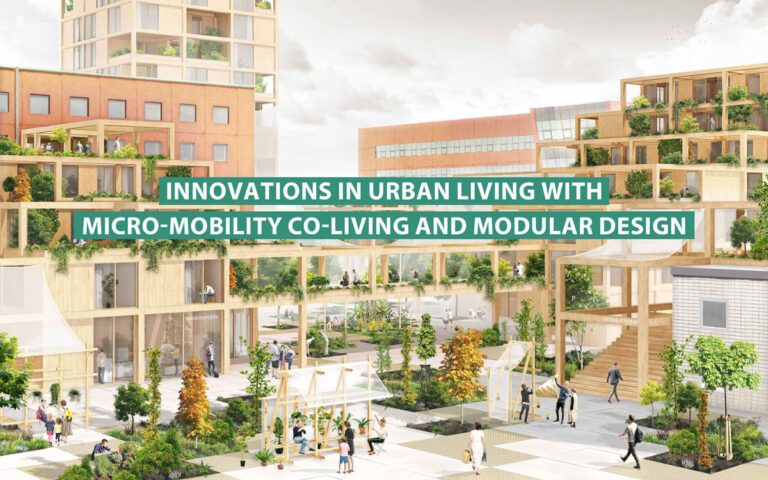
Micro-Mobility and Modular Design in Urban Living
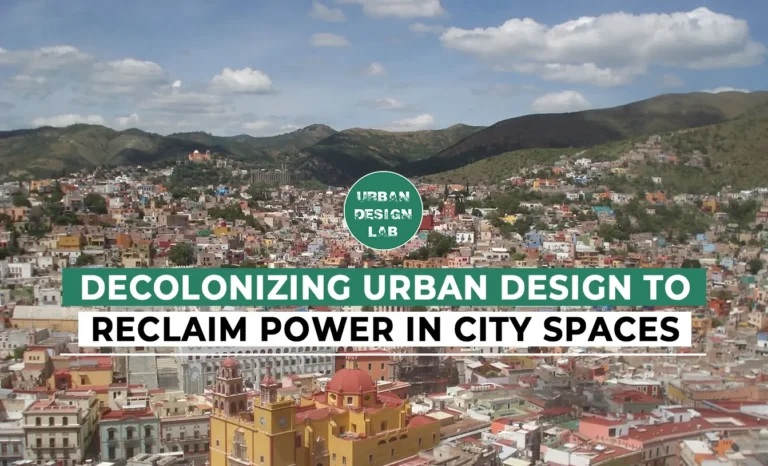

Rethinking Urban Planning Careers in India

5-Days UDL GIS
Masterclass
GIS Made Easy – Learn to Map, Analyse, and Transform Urban Futures
Session Dates
14th-18th July 2025
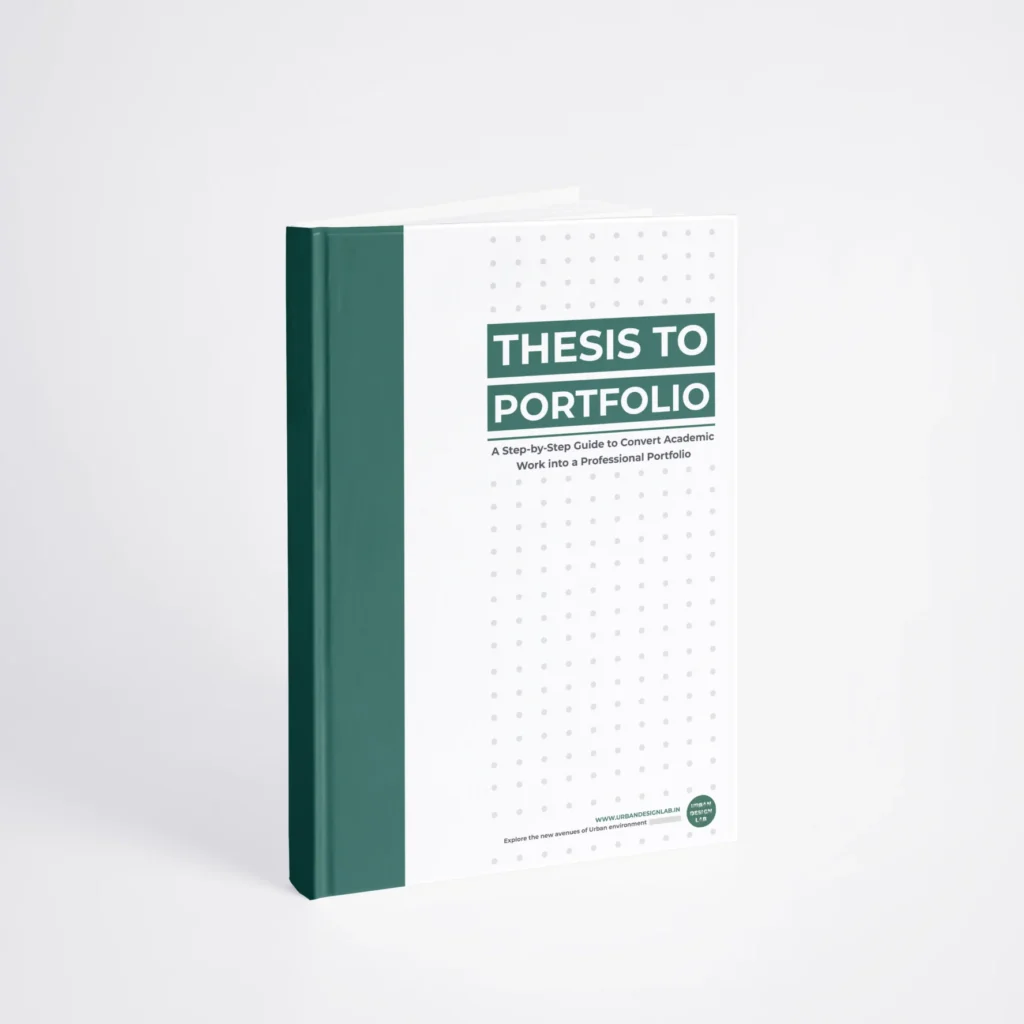
Free E-Book
From thesis to Portfolio
A Guide to Convert Academic Work into a Professional Portfolio”
Recent Posts
- Article Posted:
- Article Posted:
- Article Posted:
- Article Posted:
- Article Posted:
- Article Posted:
- Article Posted:
- Article Posted:
- Article Posted:
- Article Posted:
- Article Posted:
- Article Posted:
- Article Posted:
Sign up for our Newsletter
“Let’s explore the new avenues of Urban environment together “

